Australian golfer Cameron Smith shocked the world when he joined LIV Golf in 2023. Two years later, the Open Championship winner is living it up.
It was a dark and gloomy afternoon in July when Cameron Smith wrote his name into golfing folklore. The casual Queenslander with the flowing golden mullet was no stranger to a grandstand showing, having previously finished runner-up at the 2020 Masters behind Dustin Johnson, but when he entered the final round of the 2022 Open Championship, something felt different.
The number three-ranked player in the world at the time, Smith had yet to claim a Major, and while he had played well over the weekend, things didn’t look promising. Trailing Norweigan star Viktor Hovland and former Open winner Rory McIlroy by four strokes, the Aussie’s hopes of clutching a maiden victory seemed entirely unlikely, but not impossible. As Smith reveals, playing the underdog actually suited him quite nicely. With so much ground to cover and the weight of expectation removed from his shoulders, he could take matters into his own hands.
“I actually wasn’t too (nervous) bad leading into the final day. I think being quite a ways back and having to play some really good golf almost frees you up, in a sense, to go out there and just be really aggressive,” Smith tells me. “The nerves definitely changed with three or four holes to go, and I will say, it was pretty nerve-wracking. Obviously, not having won a major before, all that stuff is weighing on your mind, and it all comes at you pretty quick. So yeah, from the feeling from the start of the day to the end of the day was very different.”

To the golfing purists, Smith’s back nine was a thing of beauty. Across nine holes, Smith completed a miraculous comeback, nabbing five birdies en route to a fairytale round of 64 that catapulted him from the outskirts to the very epicentre of the gentleman’s game.
“You’re so in the moment and into what you’re doing that you kind of slip into cruise control at that point,” he says. “It is definitely nerve-wracking to have to hole certain putts and the crowd was definitely against me as well. All of that really motivated me to play through and obviously, I just really wanted to get it done.”
It was a remarkable finish, the kind that cements your name in the global arena for decades to come, but it wouldn’t remain Smith’s only triumph for long. Just five weeks later, the Aussie golfer would turn the sports world on its head, announcing a landmark decision to join PGA-rival LIV Golf on a reported AUD$140 million deal. The enormous sum skyrocketed the 29-year-old up the list of Australia’s highest-paid athletes and firmly atop LIV’s most-coveted possessions.
If you ask Smith, however, it was never about money.
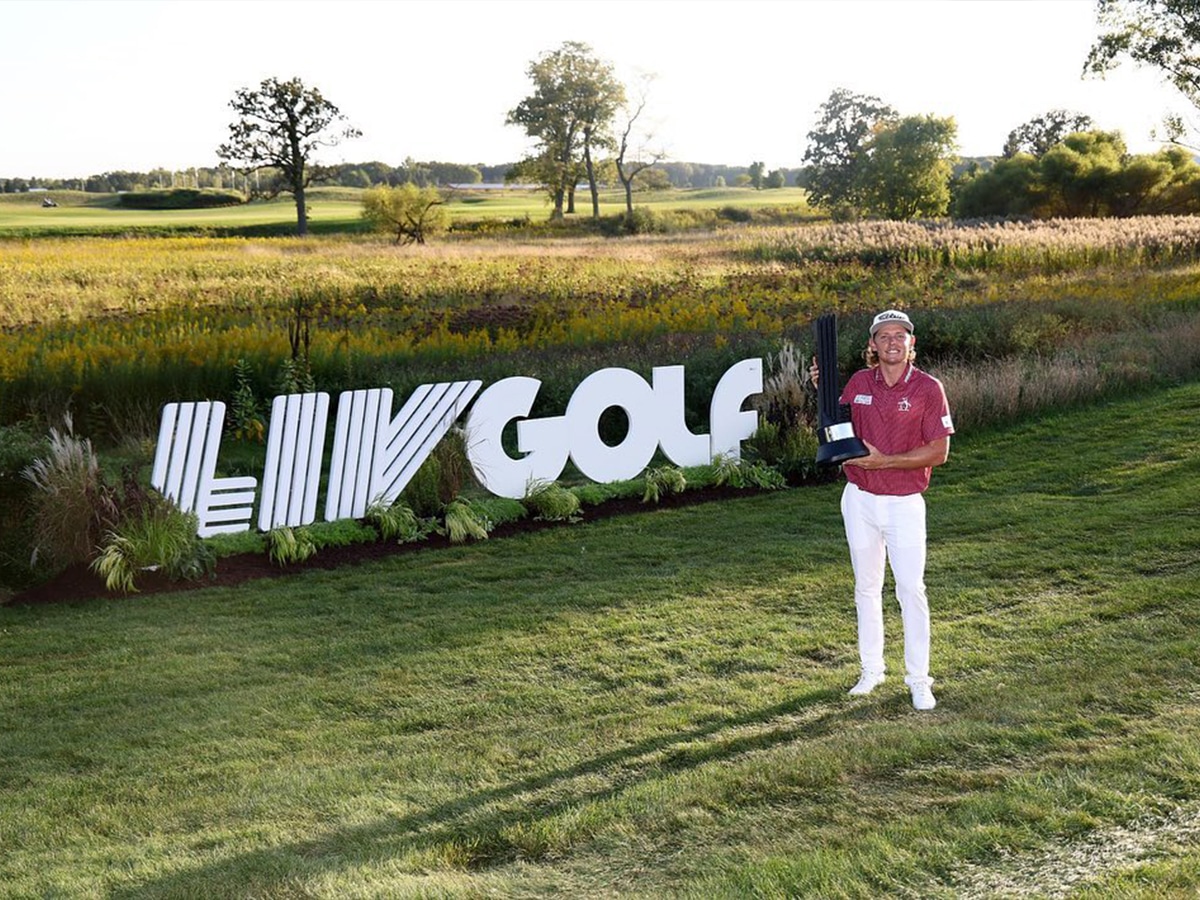
“I don’t see myself as a disruptor. I feel like I made a choice because I thought it was right; because I thought it was what golf needed, particularly in Australia.”
Smith’s landmark decision to join the rebel sports league opened the floodgates to the global enterprise. Player after player defected from the traditional PGA Tour, opting instead to take a gamble on the burgeoning tournament circuit. With big money, big crowds and suddenly, big names on board, LIV Golf had achieved its mission.
Two years on from that fateful decision, the impact is still reverberating through the sport. While a reunification cloud hangs heavy over both the PGA Tour and LIV Golf, neither organisation appears willing to compromise on the quality of its product. It’s a tricky situation and one that has already seen mass change.
Sports legend Greg Norman was outed as CEO of LIV Golf in January 2025, opting instead to take a board position. His time at the helm had been controversial, to say the least, headlined by defensive outbursts against the criticism hurled LIV’s way. Norman famously divided the sports world with a razor-sharp tirade against PGA superstar Rory McIlroy, stating that the Irish folder was “brainwashed by the PGA Tour”, but more recently, the vitriol has softened. It seems the sport’s governing bodies have slowly come around to the notion that youth exposure is good for long-term interest and with a new deal between LIV Golf and the South Australian government set to see the Australian arm of the tournament kick on for at least another six years, the sector has never been stronger.
If you ask Cam Smith, who captains the ‘Work hard, play hard, and never give up’ Ripper GC team, staying ahead of the game has a lot to do with it. We caught up with the superstar sportsperson ahead of the 2025 LIV Golf Australian tournament in Adelaide to chat about the tournament’s future, misconceptions and what fans don’t know about life at LIV.

MOM: For your team, Ripper GC, the Australian tournament marks a bit of a Champion’s homecoming. How does it feel to be back in Australia defending your LIV Golf Australian title?
Cam Smith: It’s awesome to be back. It’s always great to be home—I don’t know, there is just something in the air here that makes us all smile. The smell of things, even when you are walking down the street and stuff like that, it’s just different that anywhere else in the world. So yeah, it’s awesome to be back.
We played some really good golf last week, finishing second to set the best start that we’ve ever had to a season. Hopefully, that’s a good sign of things to come. We definitely want to make this tournament our own, so we’re looking to defend.
MOM: How did that victory compare to others in your career?
Cam Smith: I think it was so different. It was so cool being able to celebrate with all the people that were here. We all had family and friends in town and not only that, but all our coaches and physios and stuff were all here. So it was a very different experience, just being in the team environment and then also being at home. It just seemed like everything was leading up to that and for everyone to be there and to be a part of that was really cool.


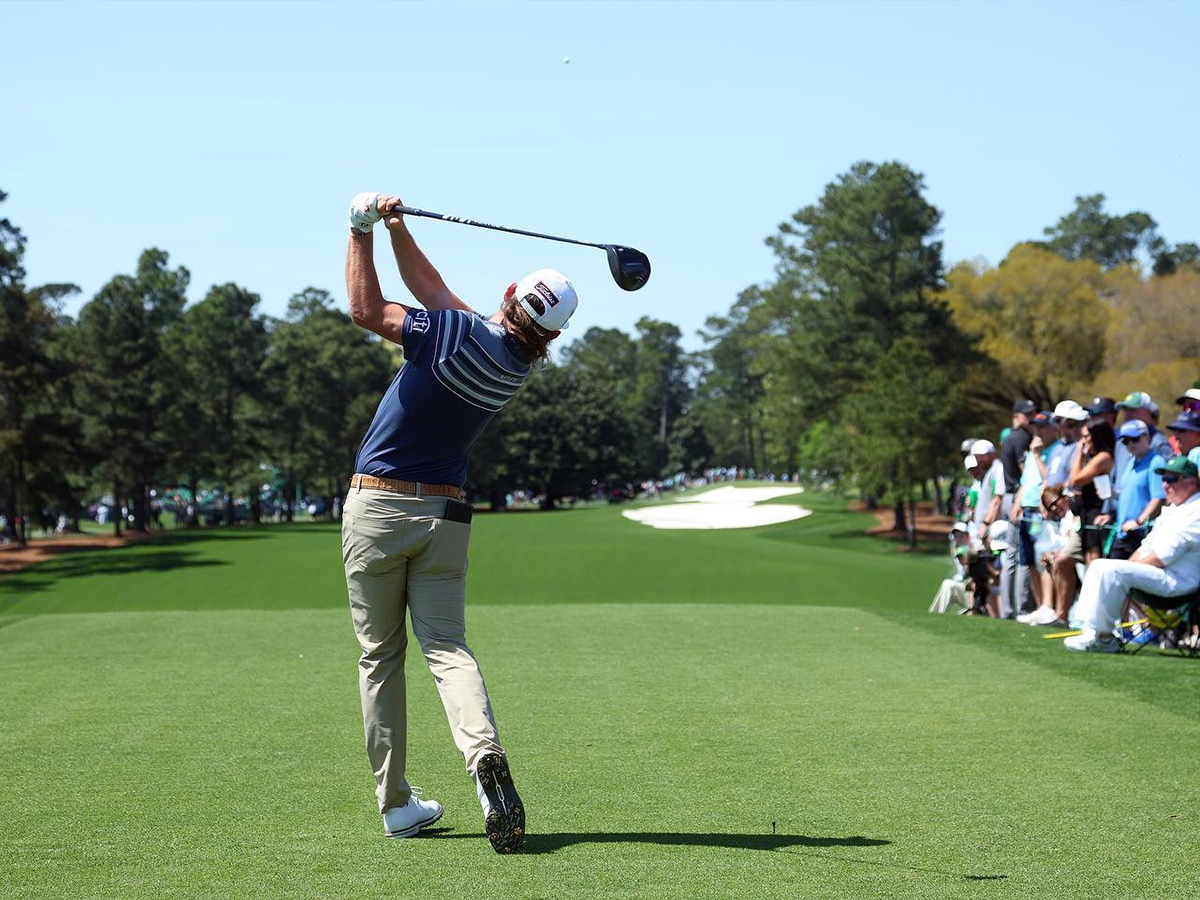
MOM: Now on that, I want to take it back to The Open in 2022 – a massive moment for Australian sport. Coming into the final round, you’re four strokes behind Rory and Viktor, what were your nerves like leading into that final day?
Cam Smith: I actually wasn’t too (nervous) bad leading into the final day. I think being quite a ways back and having to play some really good golf almost frees you up, in a sense, to go out there and just be really aggressive. The nerves definitely changed with three or four holes to go, and I will say, it was pretty nerve-wracking. Obviously, not having won a major before, all that stuff is weighing on your mind, and it all comes at you pretty quick. So yeah, from the feeling from the start of the day to the end of the day was very different.
MOM: At what point do you start realising this is a possibility? That a victory in the Open actually might happen?
Cam Smith: I wouldn’t say freak out. I think you’re so in the moment and into what you’re doing that you kind of slip into cruise control at that point. It is definitely nerve-wracking to have to hole certain putts and the crowd was definitely against me as well. All of that really motivated me to play through and obviously, I just really wanted to get it done.
MOM: That victory really catapulted you into a new tier of global athlete. Has success changed your approach to the game, if at all?
Cam Smith: Geez, I don’t even know how to say it. I think when you win one, you just want to keep winning. That’s a competitor’s mindset and all of us out here are so competitive, we all just want to do so well. One is never enough. So yeah, my mindset definitely hasn’t changed.
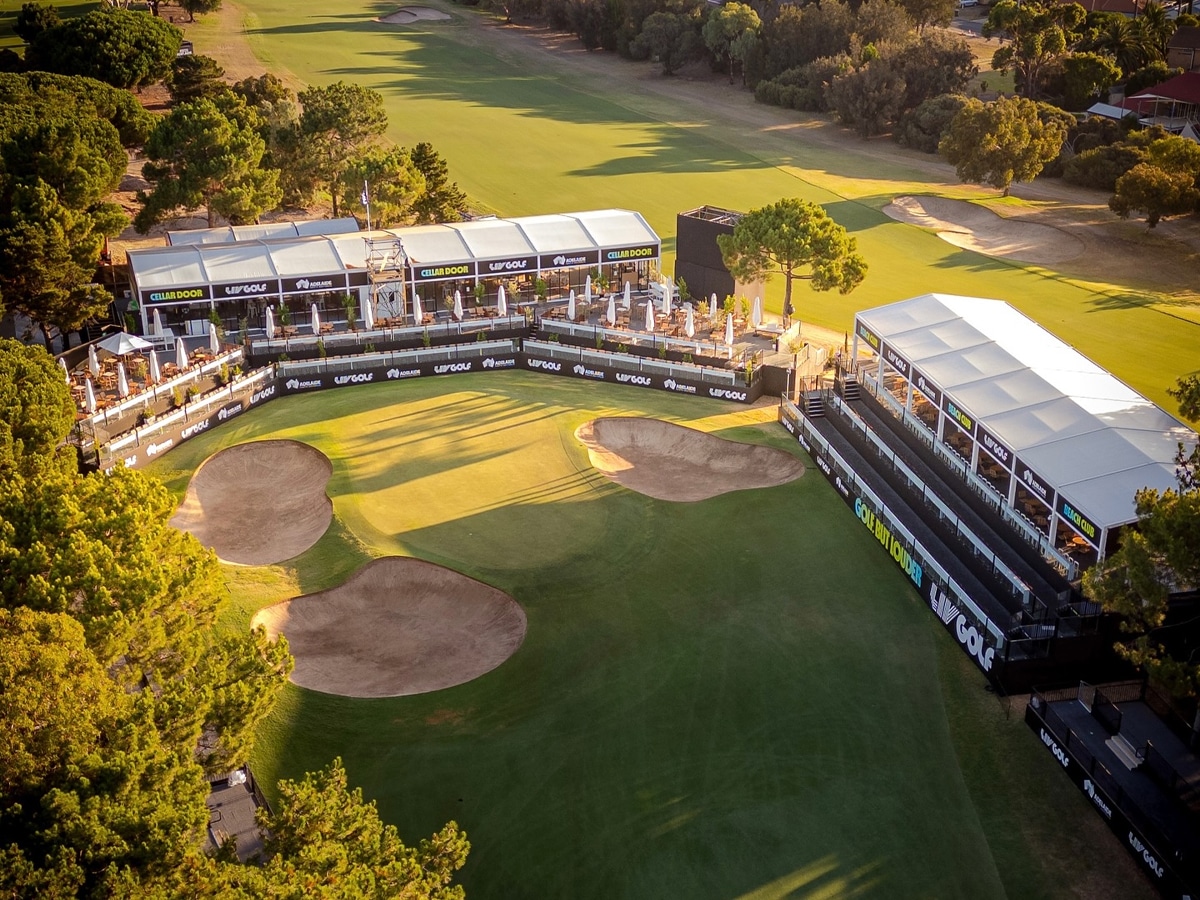
MOM: It’s been super exciting for me to watch how the sport has grown over the past few years. Does it feel different in 2025 than it did when you first turned pro back in 2013?
Cam Smith: Absolutely. When I first turned pro and even in amateur growing up as a kid, golf was really seen as a stuffy sport, although I never really thought it was. Growing up in the suburbs of Brisbane, it was just kind of a way for me to hang out with family and friends and spend some time with them. But I think golf has evolved into a more inclusive sport over the years. There has definitely been so much good that has happened and golf has got so much power, not only in sport, but in the world. There are a lot of good things that come from golf and it’s awesome to see it grow, particularly in Australia.
MOM: There was much debate about LIV Golf shaking up the sport’s traditions. Do you see yourself as a disruptor, or is it just about playing the best golf on the best terms?
Cam Smith: I’m not really sure, to be honest. I feel like my job as a professional golfer is to grow the game and that is something that I’ve always been passionate about. I don’t see myself as a disruptor. I feel like I made a choice because I thought it was right; because I thought it was what golf needed, particularly in Australia. As you said, the last few years here have been massive, not only for LIV and the sport in Australia, but golf in general. It’s been awesome to be a part of.
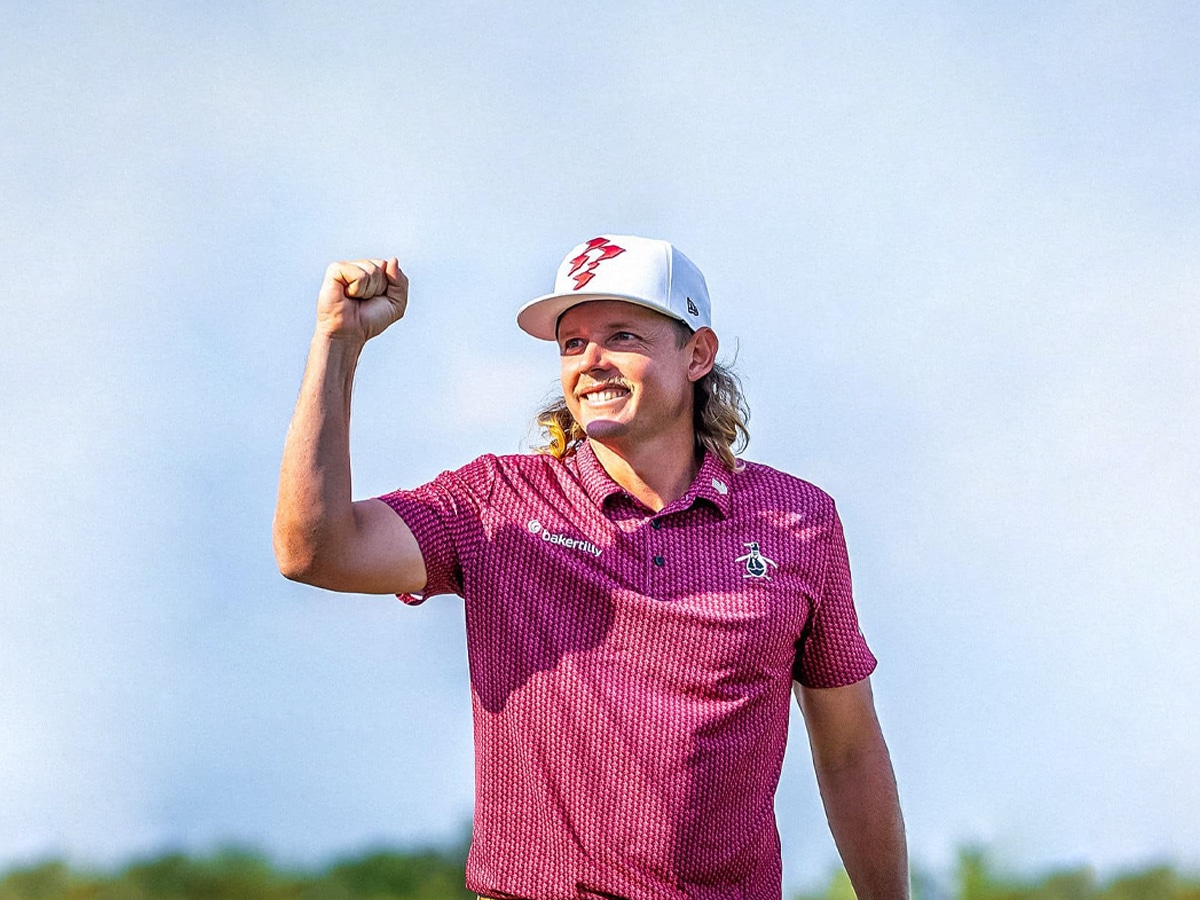
MOM: What would you say to all the little kids in Brisbane looking to be the next Cameron Smith? Do you think that LIV Golf has encouraged them to break into the sports?
Cam Smith: I hope so. There’s definitely a sense, even when we’re here this week, the crowds are so young. There are so many young, up-and-coming kids playing through Golf Australia, through their scholarships and junior programs. The hunger for golf in Australia is definitely different from what it was four or five years ago, in a lot of senses.
MOM: Playing in a team environment is an exciting change for a sport that’s generally a one-man show. How has Rippers GC changed the way that you play?
Cam Smith: I don’t think the team environment has changed the way that I play golf, but I do think that it has changed my mindset—when you’re having a bad week or even when you’re having a really good week. Sometimes, you’re having a really good week and the team is a couple of shots behind—that drives you to give a little bit more and vice versa. You can be having a bad week, but the rest of the team is having a really good week and they just need something out of you. It’s always given you something to play for and that’s very unique to LIV Golf.
MOM: What would you say is the biggest misconception about LIV Golf?
Cam Smith: Generally, I feel that people don’t think LIV Golf is competitive, but being out here, it’s nuts how hard everyone’s working. Every competitor on the course is trying to make themselves better players, and not only for themselves, but for their teams. My view is that we have the best field in golf and everyone out here is trying to beat each other. If, at the end of the day’s golf, we can watch a concert and have a good time, that doesn’t mean it is any less competitive. We’re just having a bit of fun at the end of the round.
LIV Golf was founded in 2019 as a renegade tour that offers a fast-paced, fun-filled alternative to the existing PGA Tour. The invitational series pits players against each other in a unique team-based format, with 13 squads of four or more players working together to post the lowest score across each tournament. It has faced controversy in the past for its ties to the Public Investment Fund, Saudi Arabia’s sovereign wealth fund.
Earlier this year, South Australia premier Peter Malinauskas, LIV Golf CEO Scott O’Neil, and LIV Golf board member and Australian golf legend Greg Norman confirmed that Adelaide will be the exclusive home of LIV Golf in Australia through 2031. The new six-year deal will also see a major redevelopment project launch at North Adelaide Golf Course in preparation for future events. Norman will design the course, transforming the facility into one of the world’s best public golf courses. According to Norman, the redevelopment will house a new 18-hole Championship Course, driving range and practice facilities, alongside space for temporary tournament infrastructure to accommodate the continued growth of LIV Golf Adelaide.
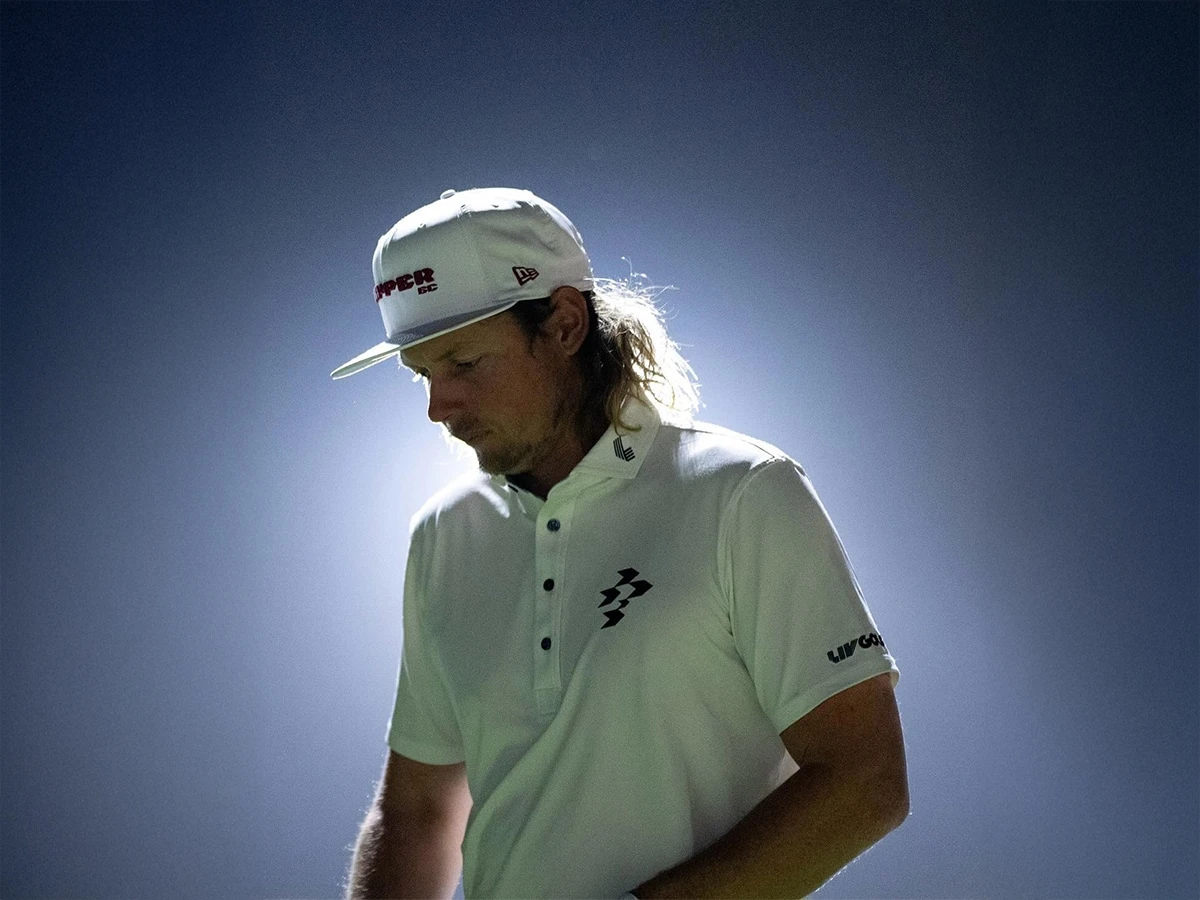

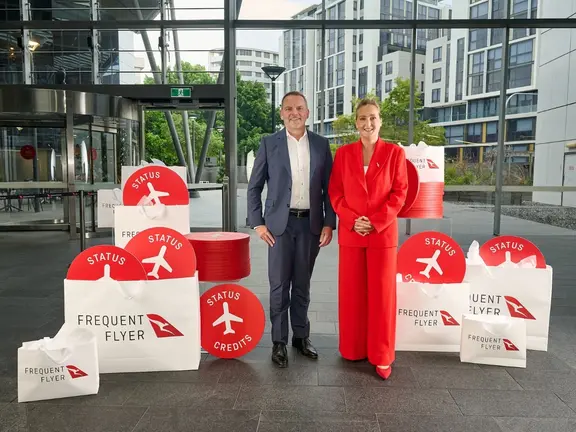

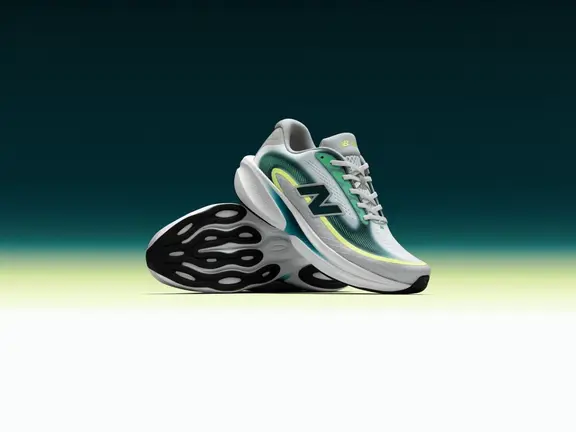





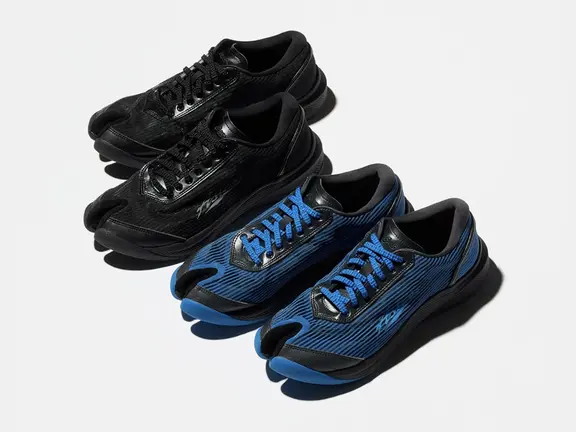
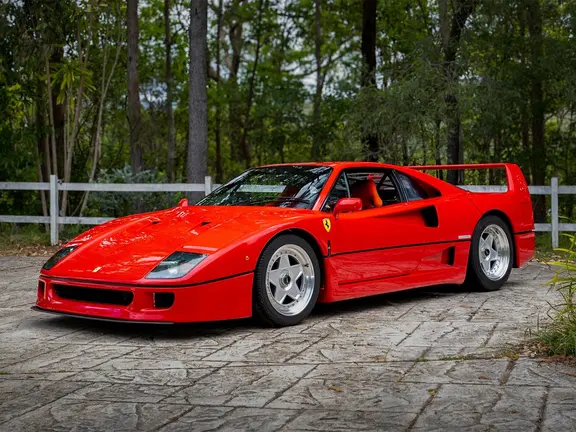
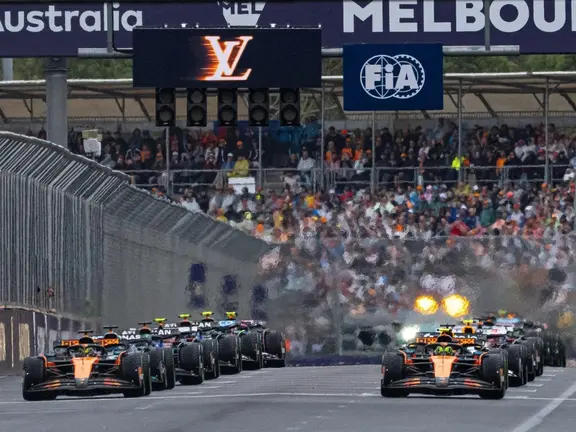

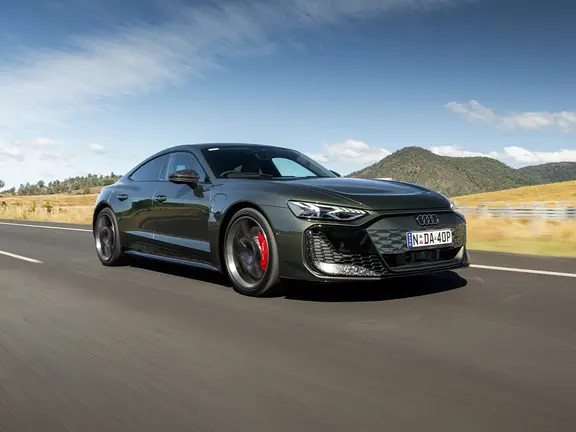



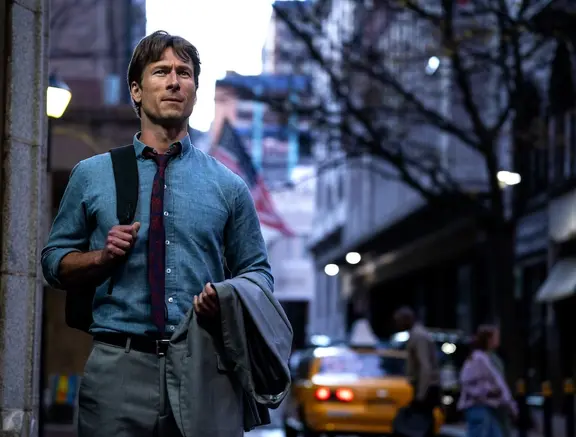


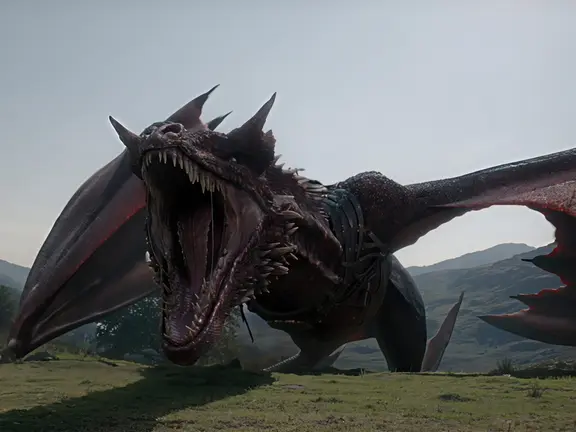








Comments
We love hearing from you. or to leave a comment.